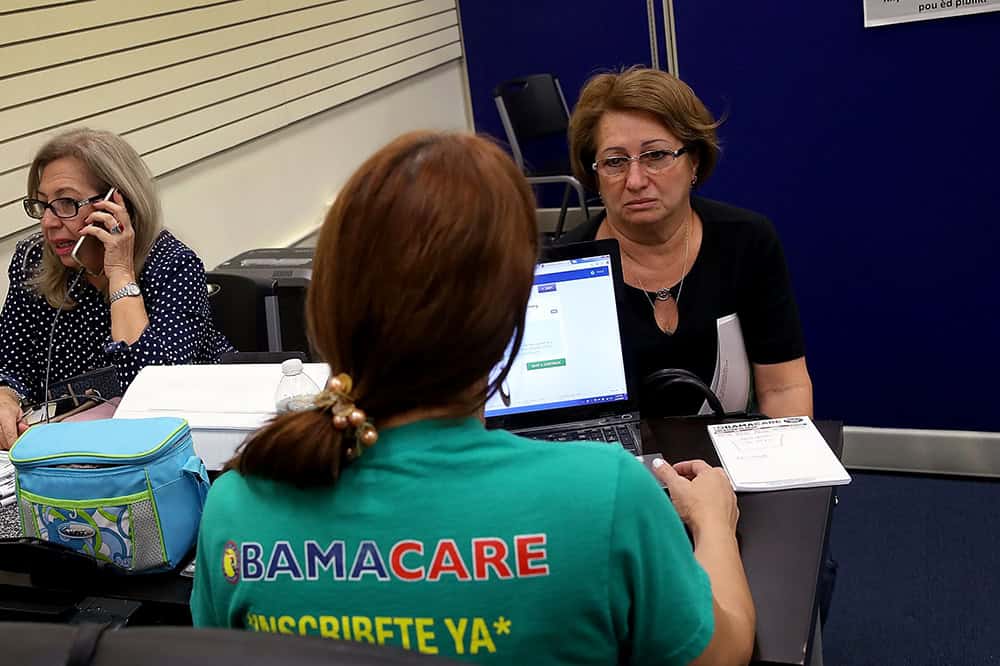Securing our Economic Future
An Interview with Pete Peterson in Leaders Magazine, April 2014
Would you highlight your vision in creating the Peter G. Peterson Foundation?
For over 25 years, I have been writing and thinking about a confluence of forces that threatens our long-term economic future, including our rapidly aging society, our metastasizing health care costs, an inadequate tax code, our vast unfunded entitlement programs, and our dysfunctional political system with its myopic inability to compromise or reconcile rigid ideologies.
This combination of factors leaves us with the sobering prospect of massive, unsustainable long-term debt that I consider a transcendent threat to future generations.
Several years ago, I retired from business and looked forward to what I might do that would be both fulfilling and meaningful. In 2008, I launched the nonpartisan Peter G. Peterson Foundation to raise awareness about America’s looming long-term debt collision; to highlight ways we might increase awareness as well as address the economic, social, and geopolitical impacts of such long-term debt; and to help educate and motivate people across the political spectrum to implement practical, commonsense solutions.
What programs does the foundation support in pursuit of its mission?
We are proud to support a wide range of initiatives and organizations that seek innovative ways to address our unsustainable long-term debt. One of the foundation’s most successful projects has been our Solutions Initiative. We went to six think tanks across the ideological and political spectrum from left to right. To start with, we wanted to find out, did they agree or disagree that the long-term debt balloon was unsustainable? All six agreed instantly. Did they have their favorite proposal? They all said yes (though they each had different proposals). We then asked if they would be willing to lay out their proposals for achieving a sustainable debt level within 25 years, and they agreed to do that.
We highlighted the groups at our annual Fiscal Summit in Washington, D.C. and distributed their proposals widely, demonstrating that there are a variety of options available to policymakers.
Another favorite project of mine is a youth initiative called Up to Us. This exciting program includes a nationwide campus competition sponsored and managed by our foundation alongside the Clinton Global Initiative University and Net Impact. This year, 22 student teams from campuses around the country are putting their energy, creativity, and brainpower to work, developing fun and impactful campaigns centered on the effects of rising debt on economic opportunity and America’s future. Ultimately, their proposals will be evaluated by our all-star panel of judges including George Stephanopoulos, Chelsea Clinton, former Senators Olympia Snowe and Kent Conrad, and journalist Betty Liu. After all, the fiscal decisions we make or fail to make today affect the future of the next generation, so it’s essential that young people have a voice in this debate.
Another critically important project we support is the Coalition for Fiscal and National Security. This is a group of highly distinguished defense, economic, and foreign policy leaders who joined together because they believe that the nation’s long-term debt is the greatest threat to our national security. Chaired by Admiral Mike Mullen, the Coalition’s roster of respected voices includes Secretaries Madeleine Albright, Robert M. Gates, and Henry Kissinger; Dr. Zbigniew Brzezinski; and Senator Sam Nunn, among others. This group believes that U.S. national security in the 21st century rests on both economic and military strength. The Coalition has urged elected officials from both parties to assert genuine leadership, communicate to the American people what needs to be done, and make pragmatic policy decisions to power our nation’s economy, democracy, and role in the world.
You are adamant that our long-term fiscal problems can only be solved in a bipartisan way. When you look at the political landscape of Washington today, are you optimistic that both sides can come together to address this problem with a sustainable long-term solution?
Undoubtedly, our leaders have demonstrated a troubling and frustrating inability — or unwillingness — to tackle these big, longer term debt issues in recent years. But I remain optimistic that in the long run, we’ll get this right, in part because the alternative is unthinkable. We still have time, but the sooner we act, the easier and less painful it will be.
Tragically, if partisan gridlock precludes serious entitlement and tax reform for too much longer, our nation might eventually confront the kind of fiscal, political, and moral crunch in which politics gets even more brutal. If this happens, even the highest priority investment needs and the indispensable safety net for the most vulnerable could be in jeopardy, because our resources would be severely constrained by soaring interest payments, and we wouldn’t be able to reach agreement to preserve the safety net as a high enough priority. This would be an economic and moral failing of the highest order.
In order to achieve comprehensive, lasting reform, we need a bipartisan and balanced plan that involves shared sacrifices — particularly by the wealthy, like me.
EDITORS’ NOTE: Pete Peterson, a Co-Founder of The Blackstone Group, now dedicates his time to his foundation and other charitable activities. Before starting Blackstone, he was Chairman and CEO of Lehman Brothers (later Lehman Brothers Kuhn, Loeb Inc.). From 2000 to 2004, he served as Chairman of the Board of Directors of the Federal Reserve Bank of New York. Peterson spent part of his earlier career in government service when, in 1971, President Richard Nixon named him Assistant to the President for International Economic Affairs. One year later, he was named U.S. Secretary of Commerce. Following his stint in government, Peterson was instrumental in launching the Institute for International Economics (now the Peterson Institute for International Economics) and The Concord Coalition, a nonpartisan organization that advocates for sound fiscal policy in Washington. Peterson also is Chairman Emeritus of the Council on Foreign Relations and the author of five books, including the best-selling “Running on Empty: How the Democratic and Republican Parties are Bankrupting Our Future and What Americans Can Do About It” and an autobiography entitled “The Education of an American Dreamer”.
Originally published in Leaders.
Further Reading
The Debt Ceiling Will Be Reinstated on January 1 — Here’s What’s at Stake
One of the first, and most consequential, decisions facing newly elected lawmakers will be what to do with the debt ceiling.
How Does Student Debt Affect the Economy?
As overall student debt has grown over the past decade, it is apparent that such borrowing can place a financial burden on households.
How Does the Federal Government Subsidize Healthcare Under the ACA — and What Does It Cost?
In 2025, the expansions of the premium tax credit under the Affordable Care Act will expire, and lawmakers will have to decide whether to extend them.


